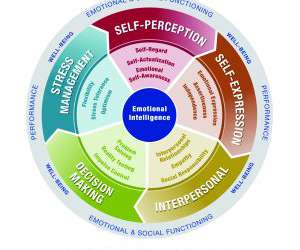Building Trust Through Behavioral Integrity
Great Leadership By Dan
MAY 9, 2019
Tony Simons’ powerful article, “ The High Cost of Lost Trust ,” appeared in the Harvard Business Review in 2002. In that piece, he described his team’s efforts to examine a specific hypothesis (“Employee commitment drives customer service”) in the US operations of a major hotel chain. Their research methods and analysis discovered: ?

































Let's personalize your content